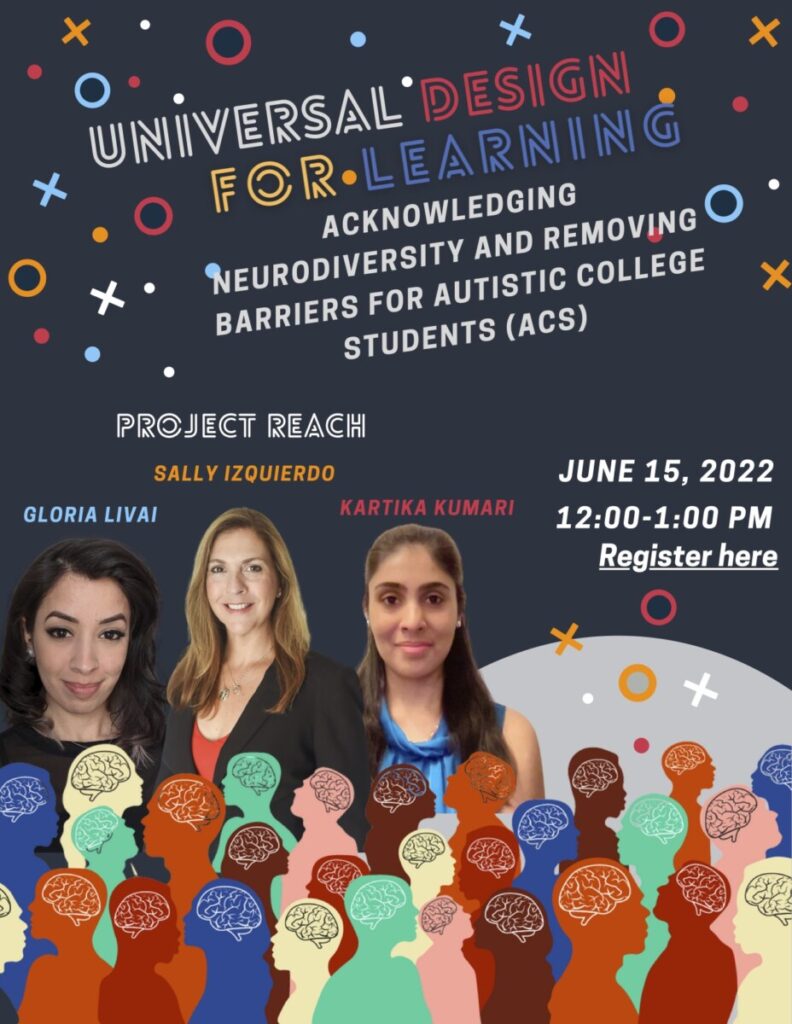On Thursday 1 April 2022, the OpenLab Community Team hosted three emerging scholars exploring abolitionist pedagogies, resisting increased institutional surveillance of students, and ungrading strategies. Co-authors Marianne Madoré, Andréa Stella, and Anna Zeemont shared their experiences with pedagogical practices and activism. We were excited to welcome faculty from City Tech and Baruch to this workshop, the second in a series on Ungrading.
Dr. Zeemont wanted to discuss the process of putting together a collaborative article including NTT and precarious academic workers alongside students for the article, while Adjunct Assistant Professor Stella discussed the importance of including citations in her own course syllabi, both to help explain ungrading policies to students, but also to stave off any potential conflicts with administration. Including citations provides scholarly context for ungrading and demonstrates that an instructor practicing different forms of ungrading is not a rogue agent, but rather part of a larger movement towards equity and anti-racism in higher education.
PhD student Madoré shared more important historical information about activist group Free CUNY and the 2020 As for All manifesto co-authored by members of the CUNY community working towards liberationist pedagogy and antiracist education.
Zeemont closed the co-authors’ discussion by reminding attendees that ungrading is not reserved for expensive private colleges, and that incorporating understanding of students’ material conditions is necessary for liberatory pedagogy.
One of our discussion questions for this event asked participants to consider the connection between ungrading and open digital pedagogy, which is really the focal point of all the OpenLab Open Pedagogy events we plan each semester. While we did not come away with easy answers, we were better able to understand how material inequalities impact our students. Unstable wireless, shared and out-of-date devices, and other technological deficits impact student access to their online courses, while unstable housing, surging inflation, and exploitative working conditions all impact our students’ ability to focus on their studies, and also impact precarious academic workers such as adjunct classroom instructors, non-teaching adjuncts, and college assistants.
In short, expecting learning to take place seamlessly because we have an engaging and flexible platform like the OpenLab does not impact the material conditions that may block student access to the site, and open digital pedagogy cannot be framed as a utopian cure-all. Instead, we learned to focus on student-centered learning, which requires really listening to students’ needs and concerns.





![New York City College of Technology presents EcoFest 2022 Conference: IT'S TIME TO TAKE ACTION! CRISIS
April 28, 2022
8 AM - 5 PM
Register Here [QR code linked to Zoom registration link: https://us02web.zoom.us/webinar/register/WN__ed4gDXVRF6G732_oHKFEw]](https://openlab.citytech.cuny.edu/openpedagogyopenlab/files/2022/04/image.png)




